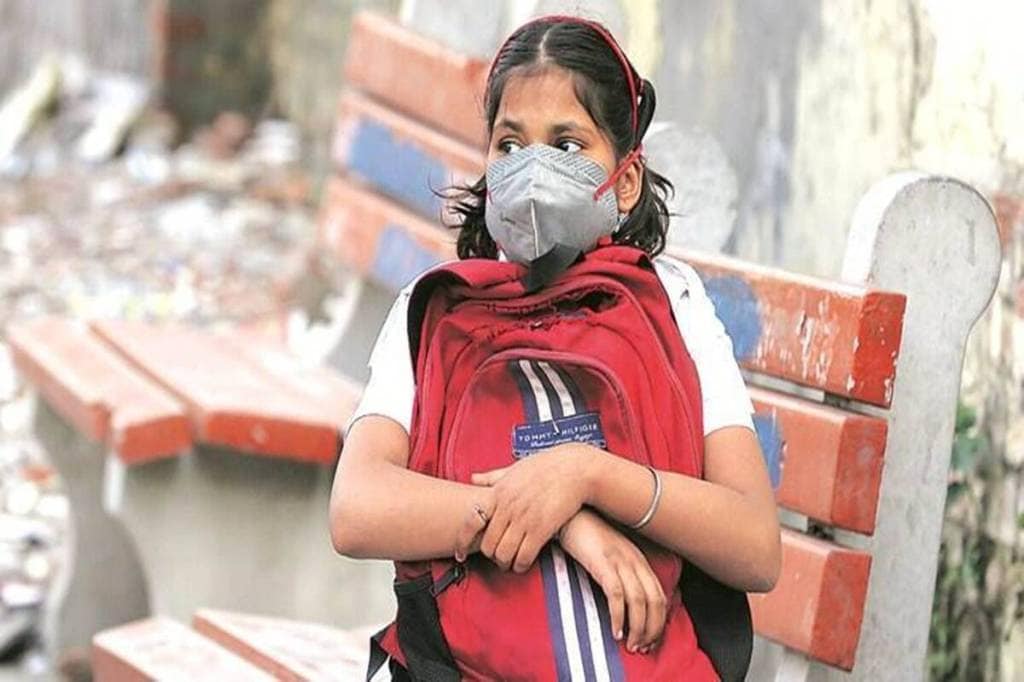When the Covid-19 outbreak assumed a global scale in early 2020, among the first causalities of the pandemic was education. Governments were forced to shut schools, cancel exams, and move learning online. The situation remains the same now but some changes, especially those related infrastructure, are beginning to manifest themselves.
According to a new study by the Indian School Finance Company (ISFC) 86 per cent schools are keen to digitise their ecosystem as the physical infrastructure they rely on remain out of bounds. The study of 1,000 schools between June and July offers a unique insight into India’s school system following the pandemic-led disruptions.
The study found that affordable online learning had doubled in less than a year since the global pandemic outbreak. Seventy per cent of the schools are offering online classes in some form, up from 40 per cent in October 2020.
Almost all areas of online learning witnessed improvement compared to a similar study of 552 schools November-December 2020.
The most significant improvement has been the efficiency in fee collection. According to the latest survey findings, 70 per cent schools are now collecting over 70 per cent of the fees in semi-urban and urban centres, while 35 per cent of schools in rural centres were collecting fees. This marks a significant improvement from the November-December survey, which had found that 80 per cent of the schools were collecting less than 20% of the fees.
Another highlight of the survey is fee financing, which has grown leaps and bounds as the pandemic forced parents and schools to tighten their purse strings. At least 80 per cent of the schools were keen on fee financing, the survey found. Two-thirds of 66 per cent of the schools have also not resorted to staff member retrenchments during the pandemic.
However, despite the penetration of online learning, 50 per cent of the schools surveyed were keen to reopen in the second quarter of the fiscal despite the looming threat of a possible third wave. Telangana has already allowed physical classes with strict safety protocols in place. Of the remainder, 25 per cent plan to reopen in the third quarter, while the rest see physical classes resuming in 2022.
IFSC MD and CEO Sandeep Wirkhare said schools’ dependence on physical infrastructure made them one of the segments worst hit by Covid-19. However, he also pointed to the paradigm shift with schools adopting digital approaches and digitising infrastructure.
Wirkhare sees the new-normal online classes as a good sign for students in semi-urban and rural areas as standardisation of content and monitoring practises would bring opportunity at a par with their urban peers.


